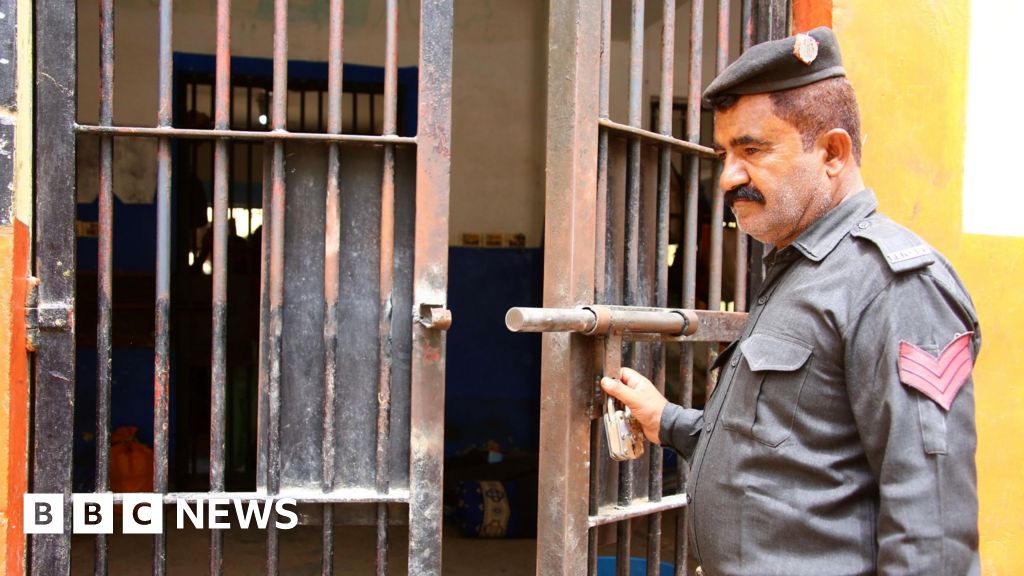ARTICLE AD BOX
image sourceBaniyas al-Balad
image captionPhotos posted by Facebook group Banyas al-Balad purportedly showed an oil slick on the Syrian coastAuthorities in Cyprus are monitoring an oil slick that originated from a power plant on Syria's Mediterranean coast and could soon affect the island.
Syrian state media said last week there had been a spill from the plant, which is inside the Baniyas oil refinery.
Satellite imagery showed that the slick spread north along the Syrian coast before moving eastwards towards Cyprus.
Modelling suggests that it will reach Cape Apostolos Andreas in the Turkish-controlled north on Tuesday.
The Cypriot government said it was ready to provide assistance if requested, while Turkey said it was taking measures to prevent an environmental disaster.
Syria's government said last Tuesday that there had been an accidental leak from a fuel tank at the Baniyas thermal power station, which is in a part of the war-torn country under its control.
The following day, Syria's government-controlled Sana news agency reported that the slick had reached the town of Jableh, about 20km (12 miles) to the north.
Teams had begun cleaning up the oil from rocky areas of the coast, applying sand to soak up the fuel as well as machines using suction, it said.
Imagery from Europe's Sentinel-1 satellite meanwhile showed the slick had spread further along the coast, almost reaching the city of Latakia, and covered almost 150 sq km (58 sq miles) of sea.
Syrian officials downplayed the scale of the spill as the clean-up continued over the weekend, with the head of the General Directorate of Syrian Ports telling state TV that the quantity of fuel that leaked "was not large".
The Cypriot government issued a warning about the slick on Monday in response to new satellite imagery showing that it had grown in size and was close to Cape Apostolos Andreas, which is in the self-declared Turkish Republic of Northern Cyprus (TRNC) and is about 130km (80 miles) from Baniyas.
The fisheries and marine research department said the slick appeared to be "oil sheen" rather than crude oil, and that computer modelling and meteorological data suggested it would affect the cape within 24 hours.
Steps had been taken to inform authorities in the north and the government was "ready to respond and provide assistance if requested", it added.
The vice-president of Turkey, which is the only country to recognise the TRNC as an independent state, said it was "mobilising every means available that we have without giving any chance to the spill to turn into an environmental disaster", the Anadolu news agency reported.

 3 years ago
58
3 years ago
58








 English (US) ·
English (US) ·